Illustration photo: Huy Hung/VNA
This is also one of the new issues mentioned in the Draft Land Law (amended) that has received comments from many experts, lawyers and scientists recently.
Commenting on the authority to resolve land disputes, Mr. Dang Dinh Luyen, former Vice Chairman of the National Assembly's Law Committee, said that Article 225 of the draft law stipulates: “1. Land disputes, land disputes and property disputes attached to land shall be resolved by the People's Court in accordance with the provisions of the law on civil proceedings. People's Committees at all levels are responsible for providing records and documents related to land management and use as a basis for the People's Court to resolve according to its authority when requested…”.
According to Mr. Dang Dinh Luyen, in the current practical conditions in Vietnam, this draft land law only assigns the People's Court and Commercial Arbitration to resolve land disputes, but not assigning the People's Committee to resolve them as before, which is inappropriate, unfeasible and will prolong the resolution time, wasting a lot of time and money for the parties involved in the resolution. The reason is that the number of land disputes is currently very large, accounting for a very large number in society. If all are now assigned to the People's Court to resolve, it will not ensure feasibility, because the team of judges and officials of the People's Courts at all levels is currently limited in quantity and quality; facilities and funding do not meet the requirements for operations. The trial of cases, especially civil cases in the recent past, has shown that it must go through many levels of trial, taking a lot of time, some civil cases have to be resolved for many years.
Therefore, Mr. Dang Dinh Luyen proposed that the mechanism for resolving land disputes should be regulated in the direction that when there is a dispute, the People's Committee of the commune where the dispute occurs will organize mediation. If mediation fails, depending on the nature and extent of the dispute, it will be assigned to the People's Committee of the competent level for resolution; in case the parties do not agree with the settlement decision of the People's Committee, they can request the People's Committee of the higher level to directly resolve the dispute (for the second time) or file a civil lawsuit at the People's Court for resolution in accordance with the provisions of the law on civil proceedings.
Dr. Nguyen Anh Phong, Center for Agricultural and Rural Development Information (AGROINFO), Ministry of Agriculture and Rural Development, said: Based on Clause 3, Article 3 of the 2013 Land Law and Clause 2, Article 3 of Resolution 04/2017/NQ-HDTP, land disputes are disputes in determining who has the right to use land, such as disputes over boundaries due to encroachment, occupation, etc. Disputes over transfer, donation, and inheritance of land use rights are not land disputes. Disputes to determine who has the right to use land must be mediated at the People's Committee of the commune (commune, ward, town) where the land is located if a lawsuit is filed. In other words, land disputes cannot be filed directly at the Court but must be mediated at the People's Committee of the commune, otherwise the lawsuit will be returned.
Practice shows that many land disputes are more reasonable and effective to be resolved by state management agencies (People's Committees), because these agencies directly manage, allocate land, lease land, inspect, check, etc., so they have a firm grasp of the status of the disputed land, conflicts, and land disputes, and from there, propose reasonable, accurate, and convincing solutions that will be easily accepted by the parties. If land disputes are resolved by the People's Court, the Court will have to spend a lot of time studying the dispute, finding out the cause of the dispute, the disputed land, and other related issues. The disputing parties will face more difficulties, spend more money, and spend a lot of time participating in the resolution process, such as hiring lawyers, conducting mediation, participating in court sessions, and other related activities, etc.
Dr. Nguyen Anh Phong proposed that in Article 236 “Resolving complaints and lawsuits about land”, the Draft Law should supplement the provisions on the role of the Court in re-determining land prices for compensation. When requesting a review of land prices, the Court is allowed to cancel the land price in a specific administrative decision if there is a basis to believe that the land price is not suitable for the market and violates regulations on land valuation. The Court will review the land price that has been decided, if necessary, the Court is entitled to consult experts or establish a professional Council for assessment.
Source link


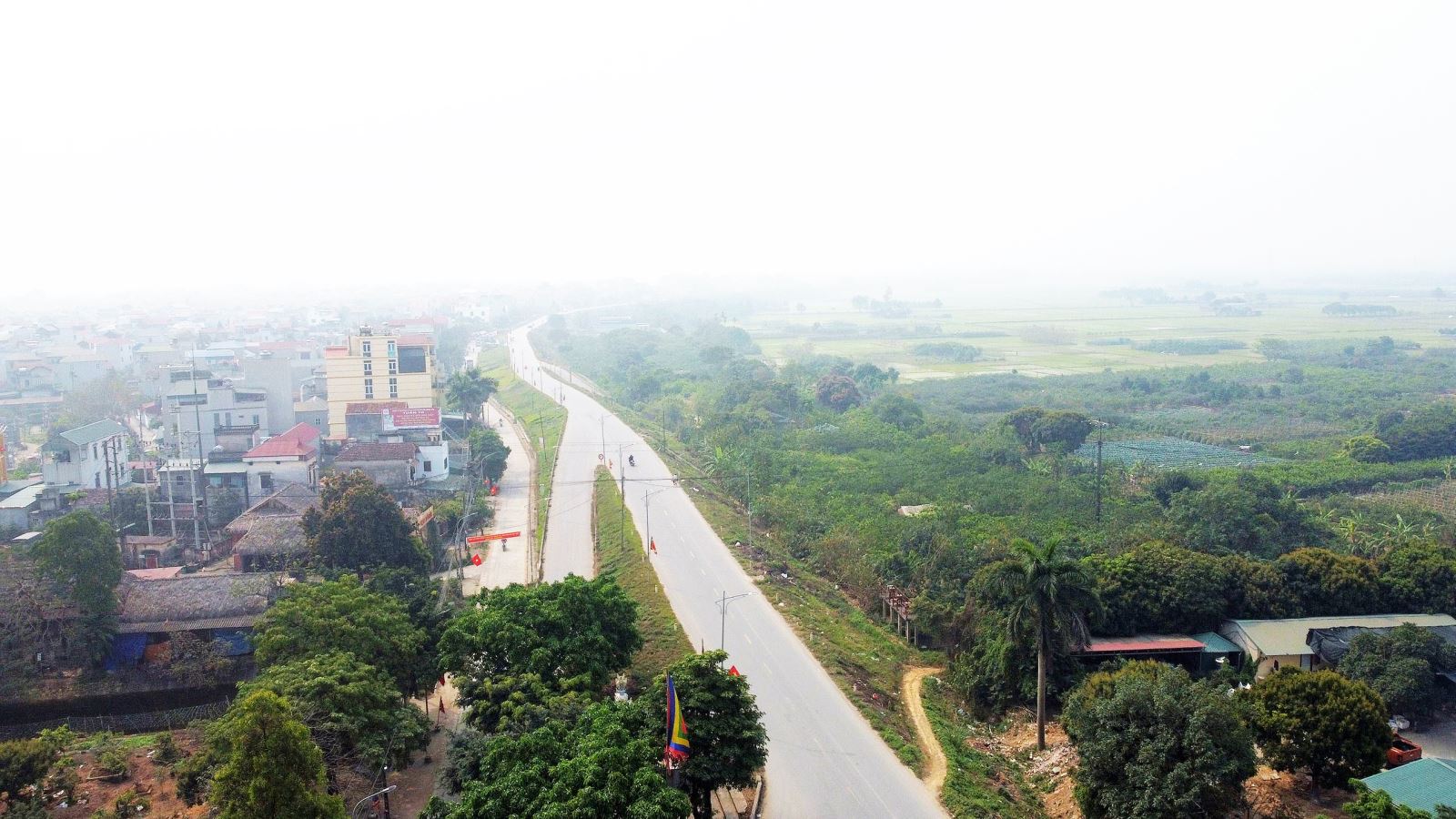
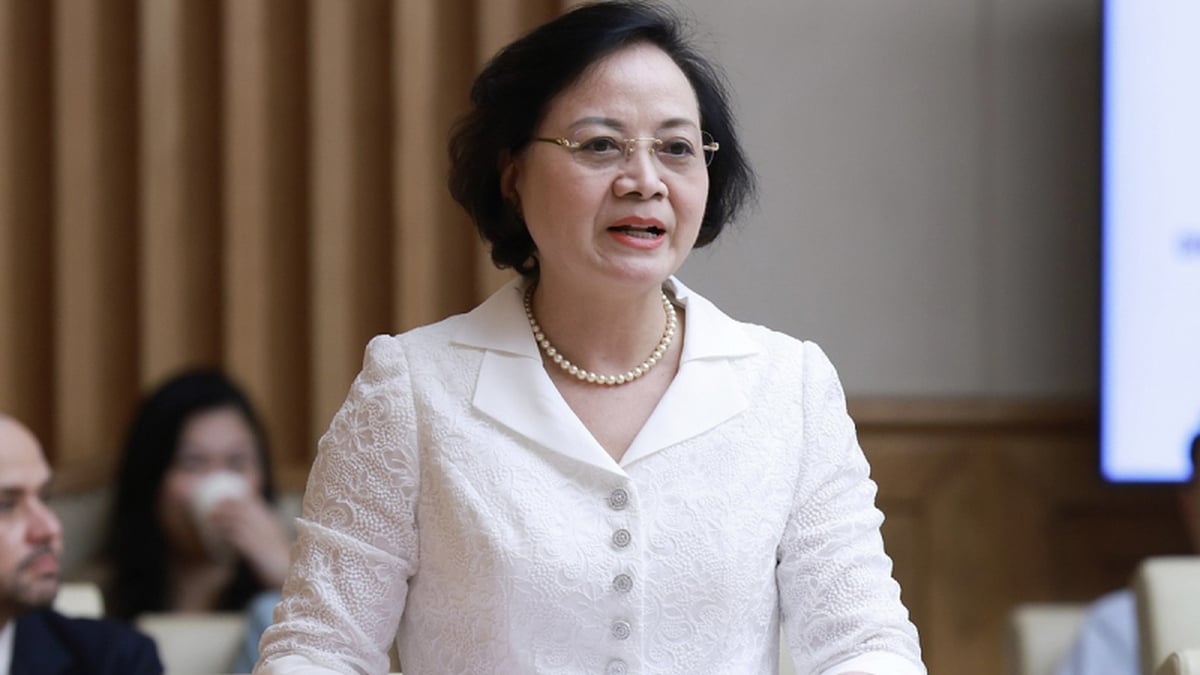
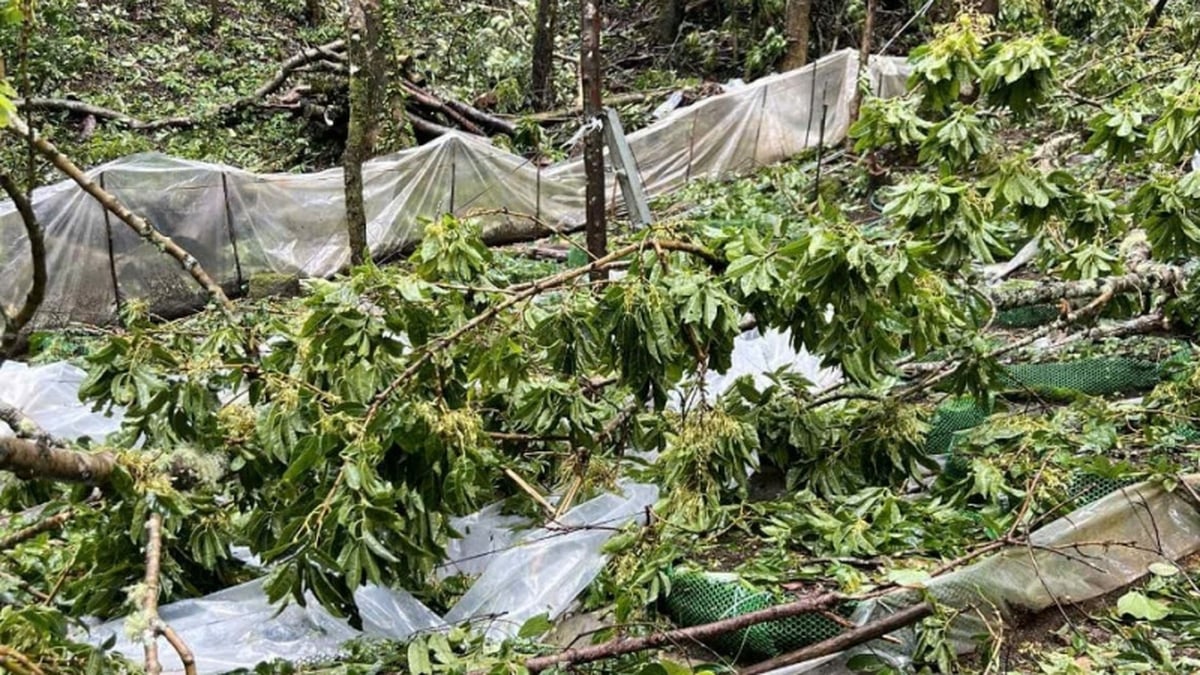

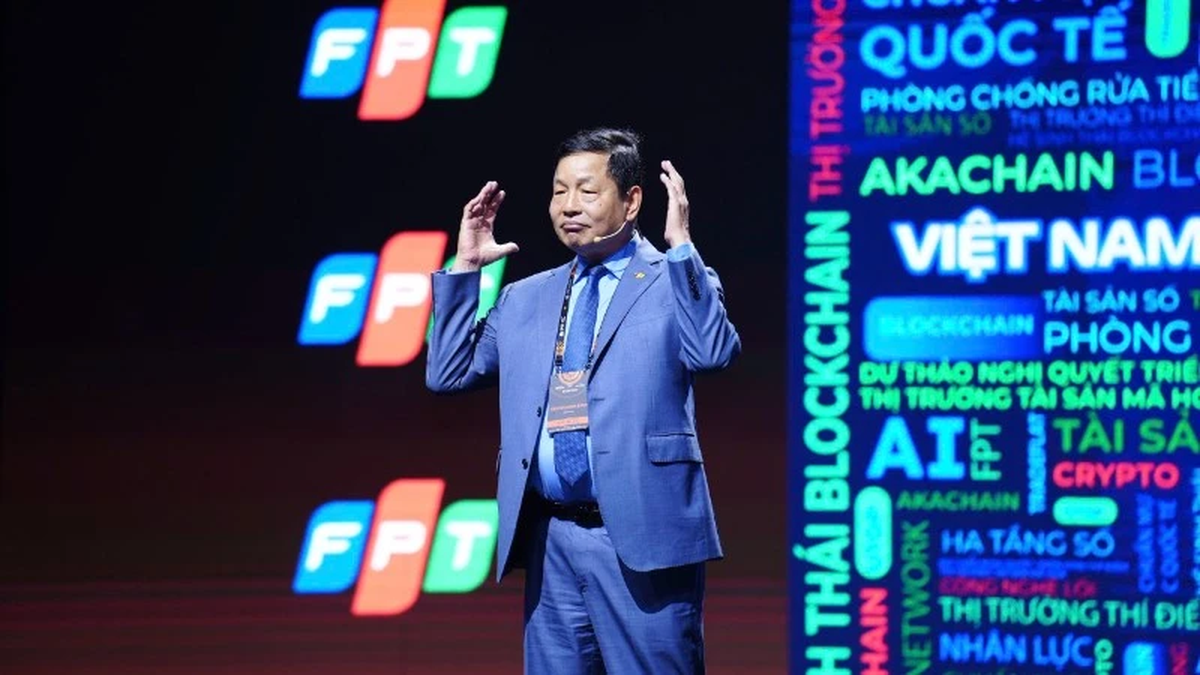

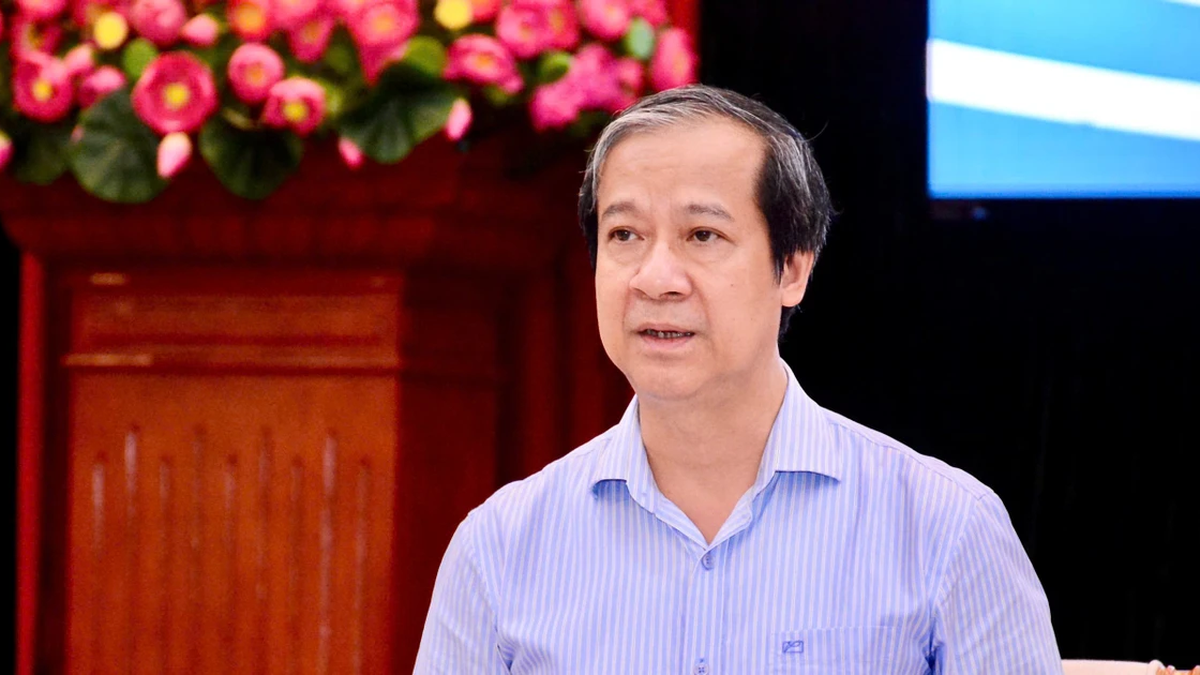
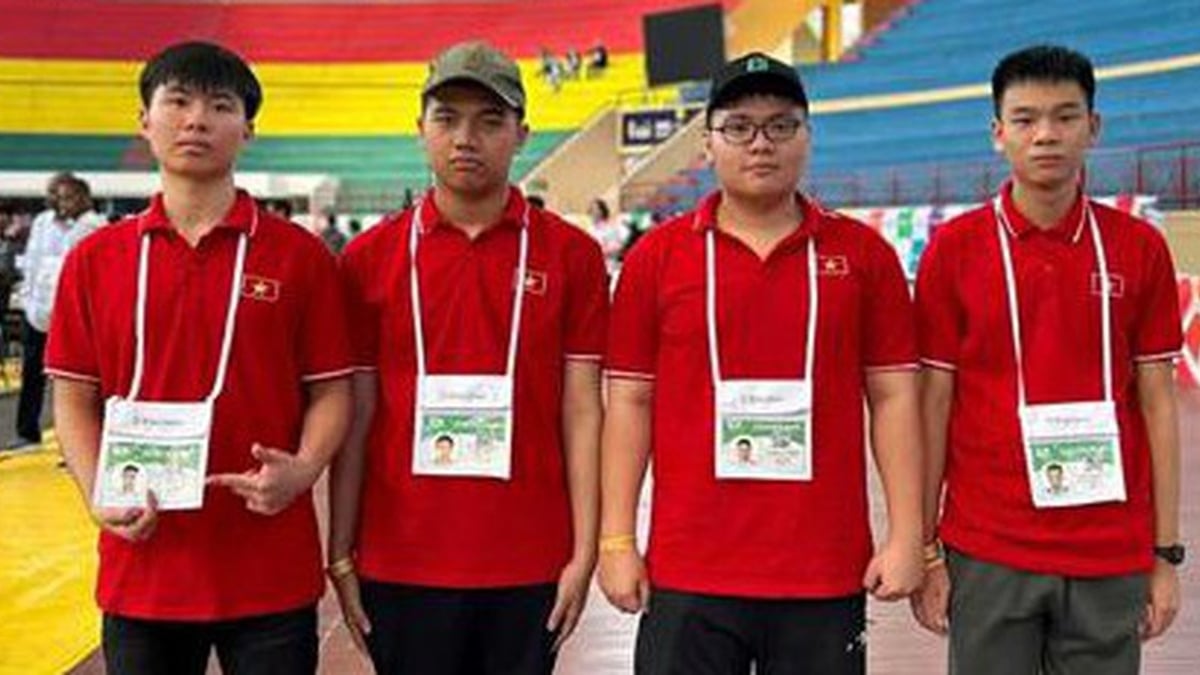
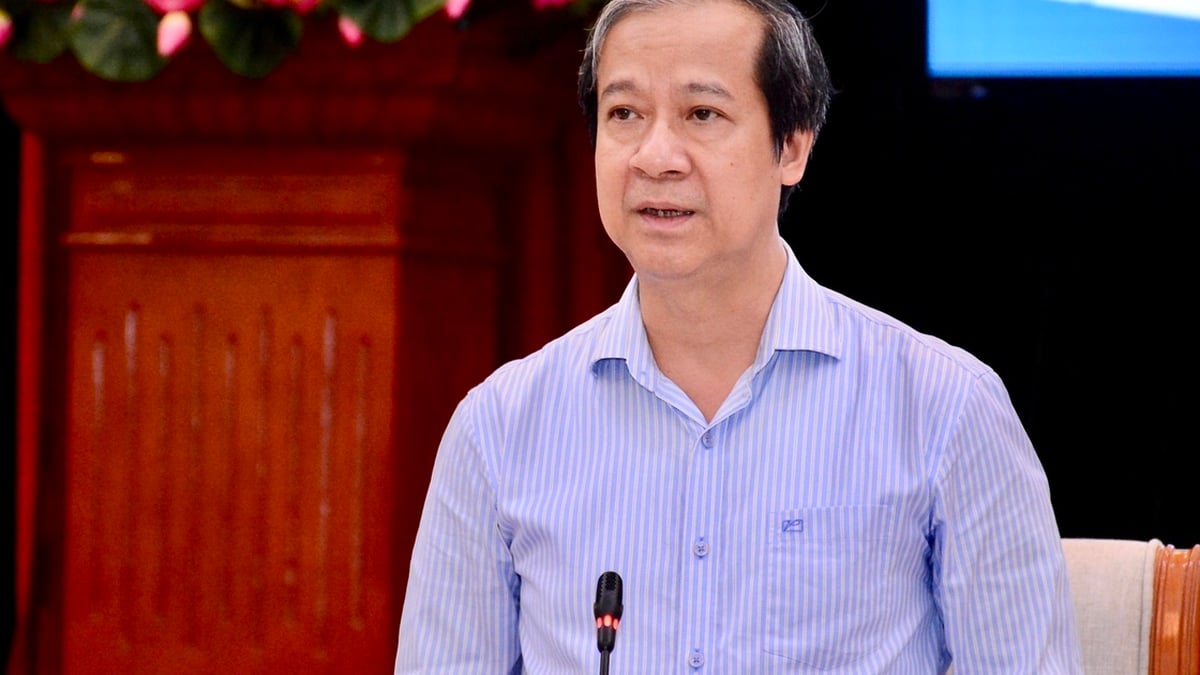
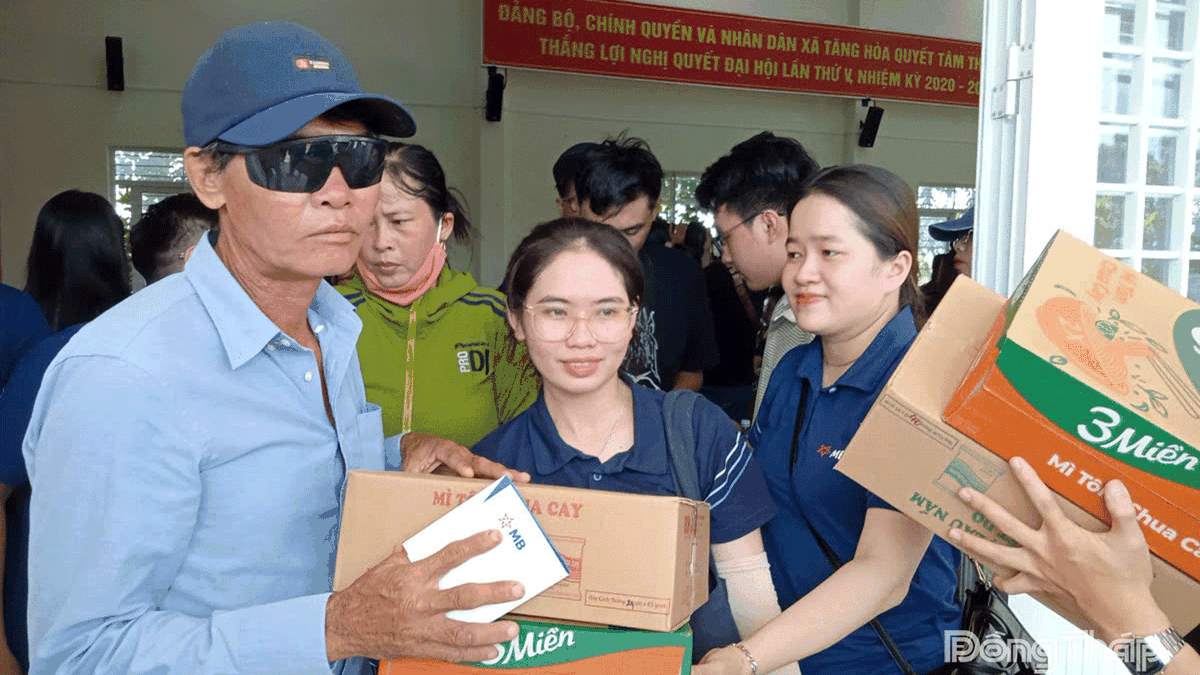
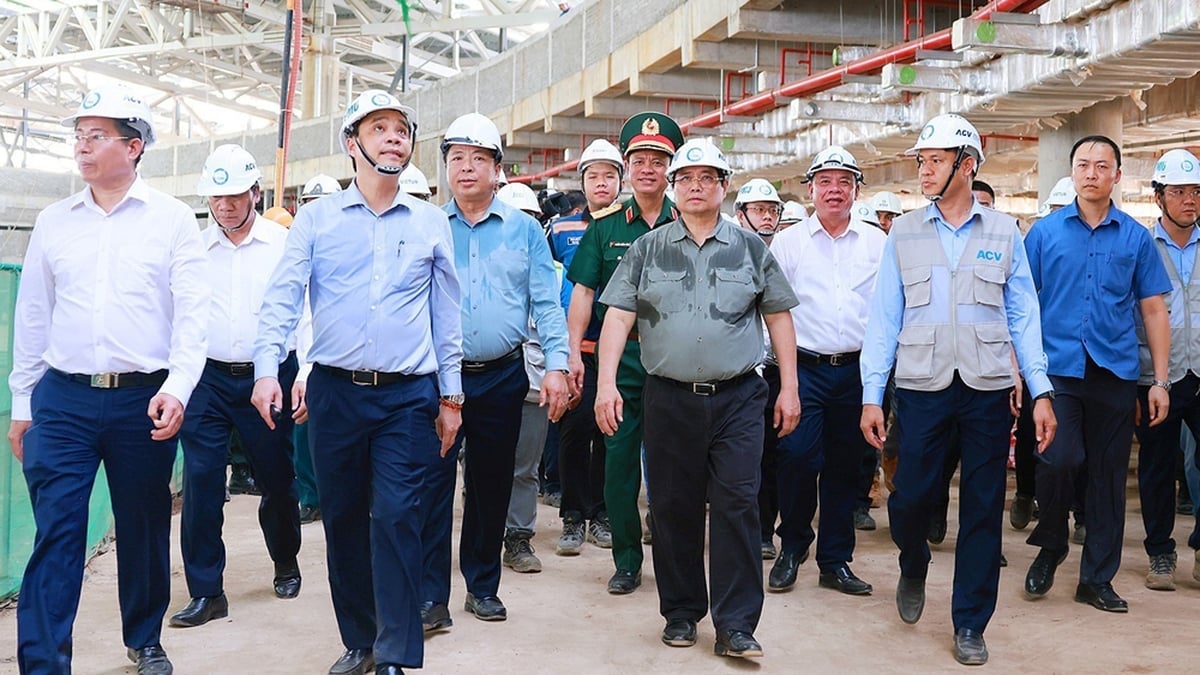























































































Comment (0)